Democratic leadership - it's a pretty cool concept, right?
We like to think our workplaces are kinda like mini democracies, where everyone has a voice, and everyone's opinions are valued. Sure, there's a pecking order, and you gotta follow some rules, but making your team feel heard and respected is a huge motivator. That's why a democratic approach is key.
What's democratic leadership all about?
Democratic leadership isn't just about letting your team chime in every now and then. It's about actively involving them in most, if not all, of the decisions that need to be made. To make it work, you've got to create the right culture. It's not easy, but trust us, it's worth it.
Ready to become a democratic leader?
Here are some things to work on:
Killer communication skills
You want to keep everyone in the loop, right? That means making sure they understand how their choices will impact everyone else on the team. You don't want ten people pushing for a change that'll make life tougher for two others just because they don't get their colleagues' work. And you'll want to use lots of democratic techniques to make sure the loudest voices don't take over.
Psychological safety
Creating an environment where people feel safe to speak up is super important. That means not punishing people for making mistakes. Think about how you handle errors. If your reaction makes people feel guilty, ashamed, or inadequate, it's time to change things up.
Accountability
Decision-making is a big deal. If you want your team to get involved, you need to make sure they're held accountable for their choices. It's not about punishing bad decisions; it's about empowering people to make the best choices they can.
When does democratic leadership work best?
When done right, democratic leadership can work for any organization! It's motivating and creates a sense of autonomy and respect that boosts employee motivation.
There are times when it might be less effective, like in a big marketing agency with lots of creative minds working on different projects. Communication can still be great, but you might not be able to include everyone in every decision. In these cases, you might need to get creative to find a democratic approach that works.
Pros and cons of democratic leadership
Pros: It's empowering and helps you avoid letting your own biases affect decisions. It encourages collaboration and accountability and helps people learn more about their colleagues' roles and the various dependencies in your organization.
Cons: Implementing shared decision-making can be time-consuming. Without the right culture, some people might not contribute, over-contribute, or not be honest when contributing due to fear of backlash.
But hey, these cons are just risks if you don't plan and implement the approach carefully. So take it slow and create a culture that makes democratic leadership a success.
Is democratic leadership right for me?
In many cases, absolutely! If you have a small, agile team that communicates well, this approach could seriously improve your working relationships. And even if you can't implement it to a tee, you can still encourage effective conversation, psychological safety, and accountability.
Are you a leader looking for coaching? If so, we have exactly what you are looking for - set up a time for us to chat ASAP - here.
Are you looking for someone to facilitate your next strategic planning session, or for a speaker to motivate your team? We have great solutions. Again, if we can help, please let us know by email or set up a call here.

